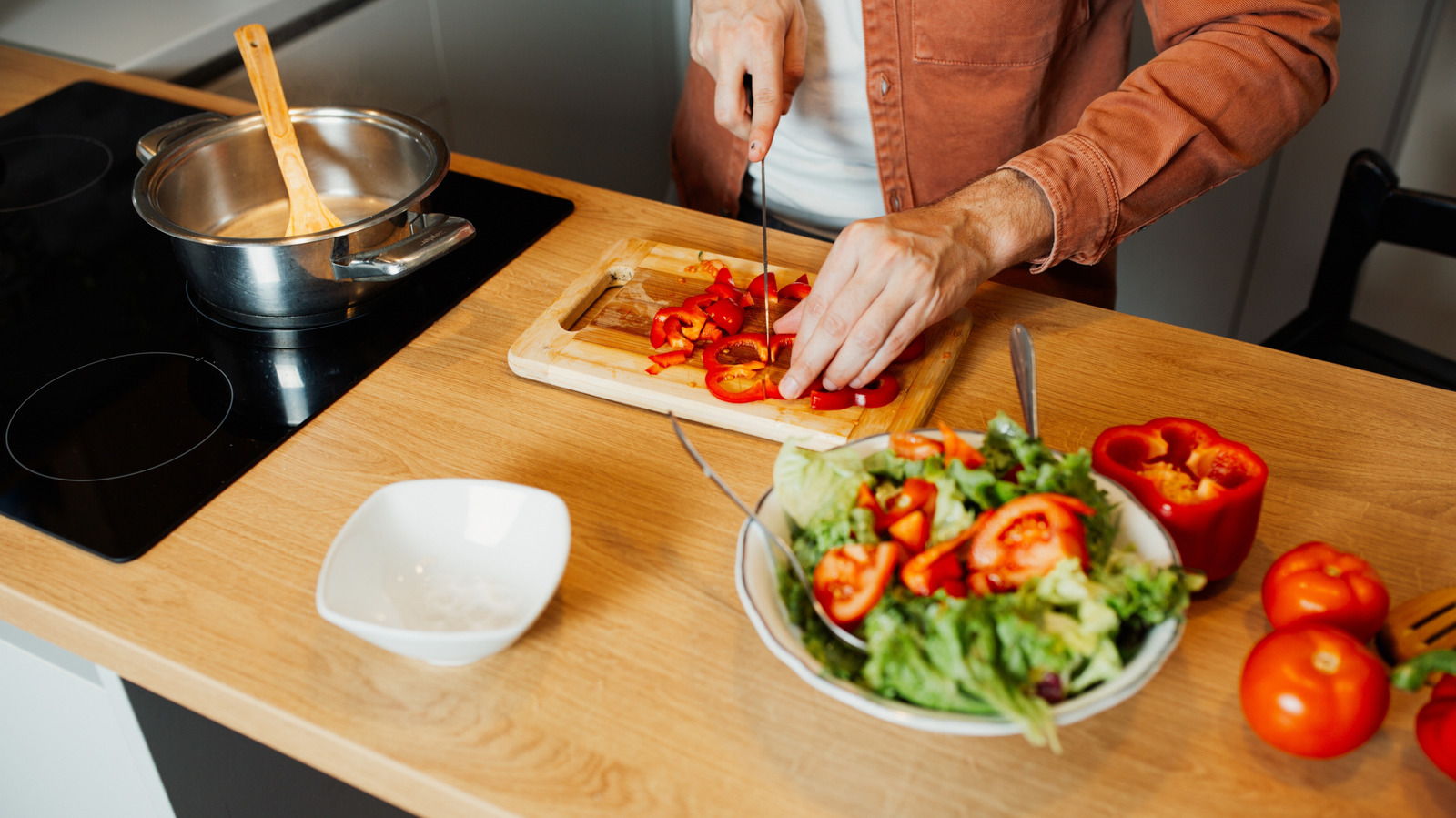
""MasterChef" has 15 successful seasons under its belt. That amounts to about 295 total episodes in which food has been prepared, tasted, and judged - but those final stages tend to involve just a couple of bites. Where does the rest of that food go? One of the lessons we've learned from watching "MasterChef" is that sustainability must be kept front and center when making a show that revolves around preparing so much and tasting so little."
"So, what do the sustainability efforts look like on set for "MasterChef?" Or, more specifically, how does it reduce food waste? According to BBC One, where the original United Kingdom version of "MasterChef" started, contestants are encouraged to freeze or refrigerate any ingredients that can be used again. More perishable items or those that might not be reused are donated to nearby food charities and food banks."
"For both the U.S. and UK shows, cooked dishes are given to the production crew. Younger crew members may also get raw ingredients to help the lower earners with groceries. For both unused ingredients and uneaten meals, the U.S. "MasterChef" donates to Los Angeles charity Meet Each Need with Dignity or to Feeding America. All organic waste that cannot be reused or donated is composted as part of what BBC One calls an "extensive waste management system.""
MasterChef operates multiple strategies to minimize food waste throughout production. Contestants are encouraged to freeze or refrigerate reusable ingredients and to plan dishes with sustainability in mind. Perishable items that cannot be reused are donated to local food charities and food banks. Cooked dishes and unused ingredients are distributed to production crew and to charities such as Meet Each Need with Dignity and Feeding America. Younger crew members may receive raw ingredients to help with groceries. All remaining organic waste that cannot be repurposed or donated is composted under an extensive waste management system.
Read at Tasting Table
Unable to calculate read time
Collection
[
|
...
]